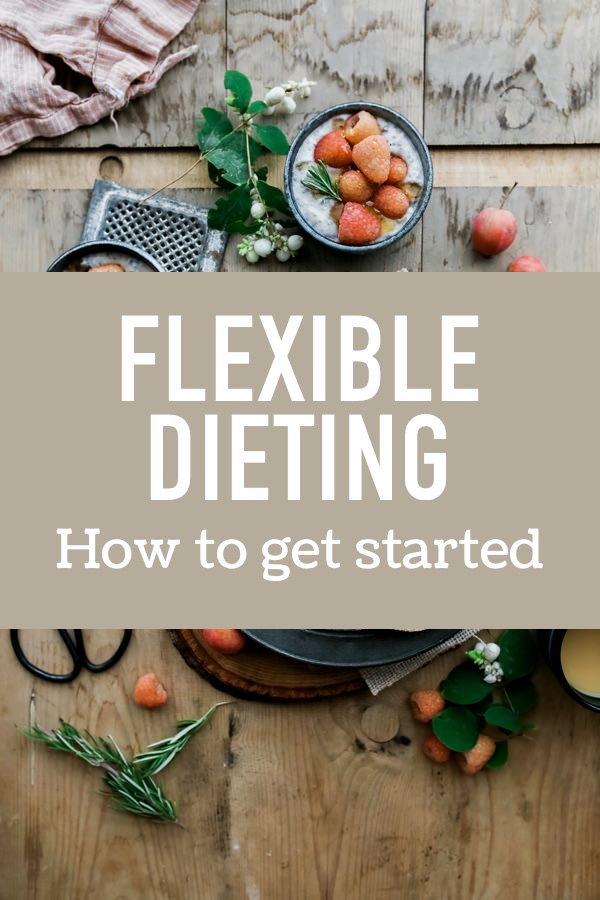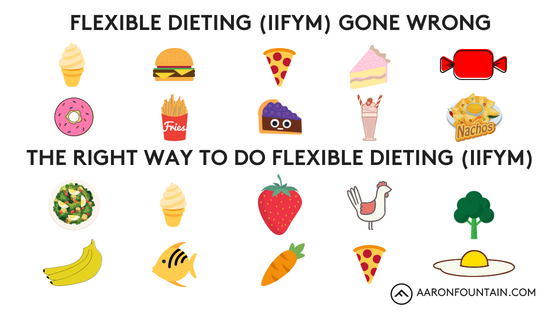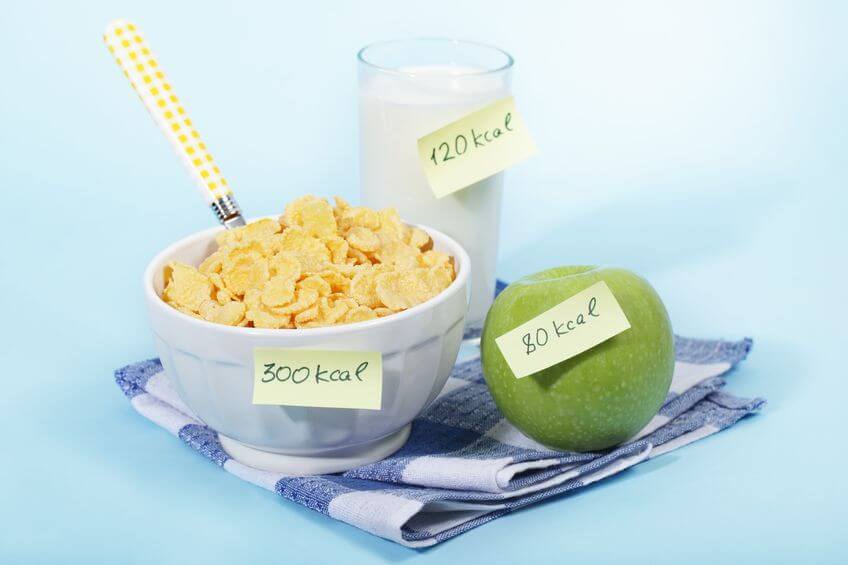What Is A Flexible Diet? a flexible diet is a diet that allows you to eat what you want, as long as it fits into your daily caloric intake.
If you’re looking to lose weight, a flexible diet can help you do so. With a flexible diet, you can control how much food you eat, allowing your body to burn off any excess calories.
It’s also useful for people who are trying to manage their weight because they have an illness or condition that affects their metabolism. This means they may need to eat less than they would on a normal diet, while still maintaining enough calories so that they don’t end up feeling hungry or fatigued throughout the day.
What Is A Flexible Diet?
A flexible diet is one that allows you to eat the foods and foods you love, but also provides you with healthy options for managing your health. It’s important that your diet is flexible because the foods you choose can have a huge impact on your health.
What Is A Flexible Diet? A flexible diet means eating what you want—but choosing the right foods at the right times. It’s also about making sure that you are getting enough calories and nutrients in each meal, to help support your body properly. Your body needs fuel (food) every day, so if it’s not getting enough of this fuel from what you eat, then it can suffer from malnutrition or even deficiency symptoms like fatigue or weakness.
The most common types of foods included in a flexible diet are whole grains, legumes/beans/lentils, fruits and vegetables, lean meats and poultry, nuts/seeds/legumes (e.g., beans), dairy products (e.g., yogurt), eggs (e.g., omelettes), oils
is flexitarian diet healthy
Flexitarianism is a lifestyle that involves eating less meat and more plants. It’s not a diet, but rather a way of eating that you can choose to adopt or not.
Read more : Foods to eat when on a diet

What Is A Flexible Diet? Because the term “flexitarian” is so new, there is still some confusion about whether flexitarianism is healthy or unhealthy. Some people believe that eating less meat is good for their health and others think it’s bad for their health. But the truth is, both perspectives are valid and should be respected.
The benefits of being a flexitarian include:
-lowering your risk of heart disease by as much as 55%
-lowering your cholesterol levels
-reducing your risk of colon cancer by 50%
-reducing your risk of diabetes by 15%
how to do flexible dieting
What Is A Flexible Diet? Flexible dieting is a strategy for losing weight by eating healthy foods and exercising on a regular basis. It can help you lose weight and keep it off, but it requires a commitment to changing your habits.
There are two types of flexible dieters: those who want to lose weight quickly and those who want to keep their weight off for life.
The first type of flexible dieter works out every day, eats well-balanced meals, and drinks plenty of water. They also make sure to get enough sleep and make time for themselves. This type of person may have trouble sticking with the program because they don’t have the motivation required to be consistent with their new lifestyle choices.

What Is A Flexible Diet? The second type of flexible dieter makes changes slowly over time. They don’t work out every day or eat only one food group at a time—they take things step by step, one day at a time. This type of person is likely going to have more success in reaching their goals because they won’t feel like they’re being forced into something they aren’t ready for yet!
Flexible dieting is a strategy in which you modify your diet to meet your needs, rather than focusing on the numbers on the scale.
You can do this by eating more food or less food, or by eating different foods. If you eat less, this may mean that your appetite decreases and you eat fewer calories than you would have eaten if you had eaten more. If you eat more, this may mean that your hunger increases and you feel hungrier than usual.
If done properly, flexible dieting can help you lose weight without feeling hungry or deprived.
what is flexible dieting bodybuilding

Flexible dieting is a method of bodybuilding that allows you to eat whatever you want, as long as it fits your macros. This is great for people who are trying to lose weight and need to keep their calories low.
What Is A Flexible Diet? Flexible dieting is a bodybuilding technique that involves eating whatever you want and whenever you want, but only during the time you’re in the gym. This can be done by eating before, during, or after workouts.
It’s great for people who are busy and have access to free food all day long. If you’re trying to lose weight or gain muscle and need to eat every four hours—like many people with diabetes—it’s also a good way to get in your daily number of calories.
what is carb cycling and flexible dieting
What Is A Flexible Diet? Carb cycling is eating a diet that cycles between high-carb, low-carb and balanced-carb. The goal is to increase your metabolism and burn fat while you’re eating high-carb foods, and then decrease carbs to keep your body from storing fat.

What Is A Flexible Diet? Flexible dieting is the practice of counting calories, but not following a rigidly-defined plan. You can eat whatever you want as long as you stick within your daily calorie limit and don’t go over it by too much.
Carb cycling and flexible dieting are two popular strategies for managing diabetes.
What Is A Flexible Diet? Carb cycling is the practice of alternating between consuming carbohydrates and consuming fats and proteins. This allows your body to adapt to its insulin needs by ramping up production of the hormone, while also providing fat, which your body can use as an energy source. It can help you consume less sugar overall, which can help you prevent insulin spikes and reduce the amount of sugar in your blood.
Flexible dieting is a more comprehensive approach that includes both carb cycling and protein intake. Flexible dieting essentially combines the best features of both approaches: It allows you to eat a healthy diet while still eating foods that will make you feel satiated and satisfied.
whats flexible dieting

Flexible dieting is a way of eating that allows you to change the amount of food you eat, as long as it does not exceed your needs. You can do this by cutting back or adding more calories to your diet.
Flexible dieting is ideal for people who have a hard time sticking to any kind of eating plan. It also helps when you are trying to lose weight and maintain it after you’ve lost it.
Flexible dieting is a diet that allows you to eat foods you enjoy, just in smaller portions. It’s not a fad diet—it’s a healthy way to lose weight without feeling deprived.
Flexible dieting is different from other weight-loss methods because it doesn’t have rigid rules or restrictions. Instead of cutting out entire food groups, flexible dieters can still eat their favorite foods while eating less of them. For example, if you like pasta but are trying to lose weight, you could eat less pasta each day and make sure that one day each week is an “all pasta day.”
There are many different ways to do flexible dieting:
* You can eat smaller portions of your favorite foods at each meal or snack
* You can create your own “all pasta day” by eating only pasta on Monday and Wednesday
can flexibility help you lose weight

Can flexibility help you lose weight?
The answer is yes! Flexibility can help you lose weight because it helps you keep your body in shape. When you exercise regularly, your muscles grow stronger. Your muscles can then be more effective at burning calories and keeping you from gaining weight.
When you’re flexible, your strength increases as well. This means that even if your workout routine doesn’t include any specific flexibility exercises, your muscles will still be stronger when they’re used for other activities. This means that even if it’s just sitting down to eat breakfast or watching TV all day, your muscles will still be able to burn off the extra calories in your body.
Can flexibility help you lose weight? It can if you take the time to do it right.
If you’re looking for a flexible diet that will help you lose weight and keep it off, there are a few things you need to know. First, what is flexible dieting? And second, how can it help you lose weight?
Flexible dieting is a way of eating that’s based on what your body needs at the time. Instead of following a rigid plan that restricts calories and macronutrients (such as protein or fat), flexible dieters eat whatever they want as long as they stay within their caloric need. This means that they can follow any type of eating plan they desire—from high-protein to low-carbohydrate—and still reach their fitness goals.
If you’re wondering how flexible dieting can help you lose weight, it comes down to two things: 1) making sure you have enough calories in your system at all times, and 2) getting in enough protein each day to support muscle growth and repair






More Stories
What are diabetes treatment?
14 Day Liquid Diet Weight Loss Results
Foods to eat when on a diet